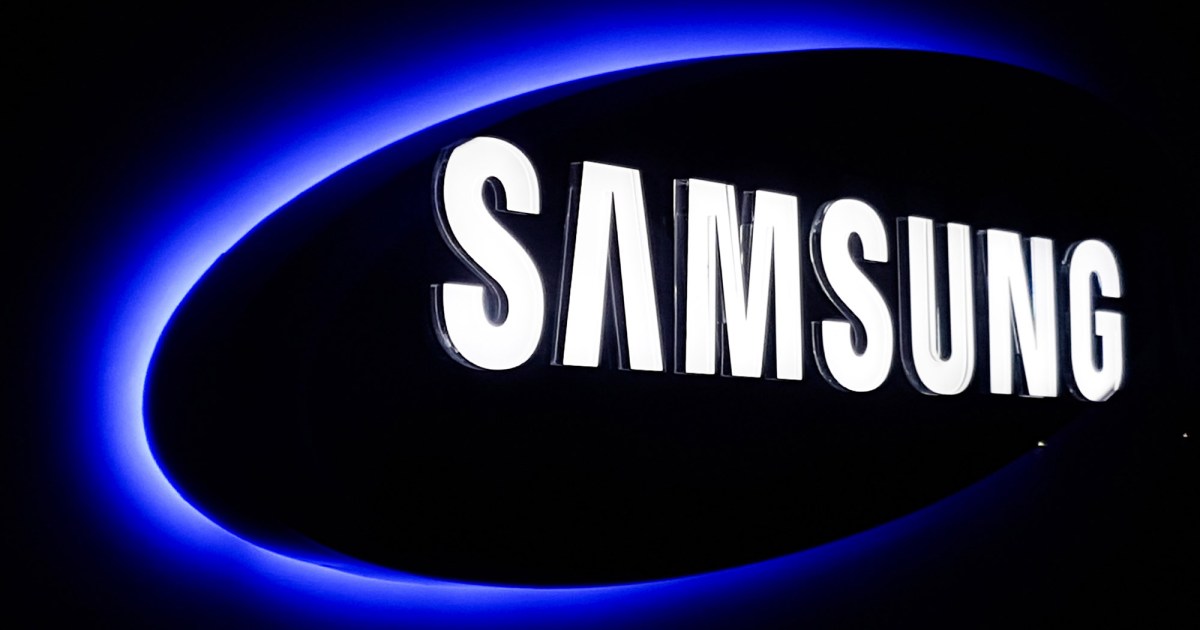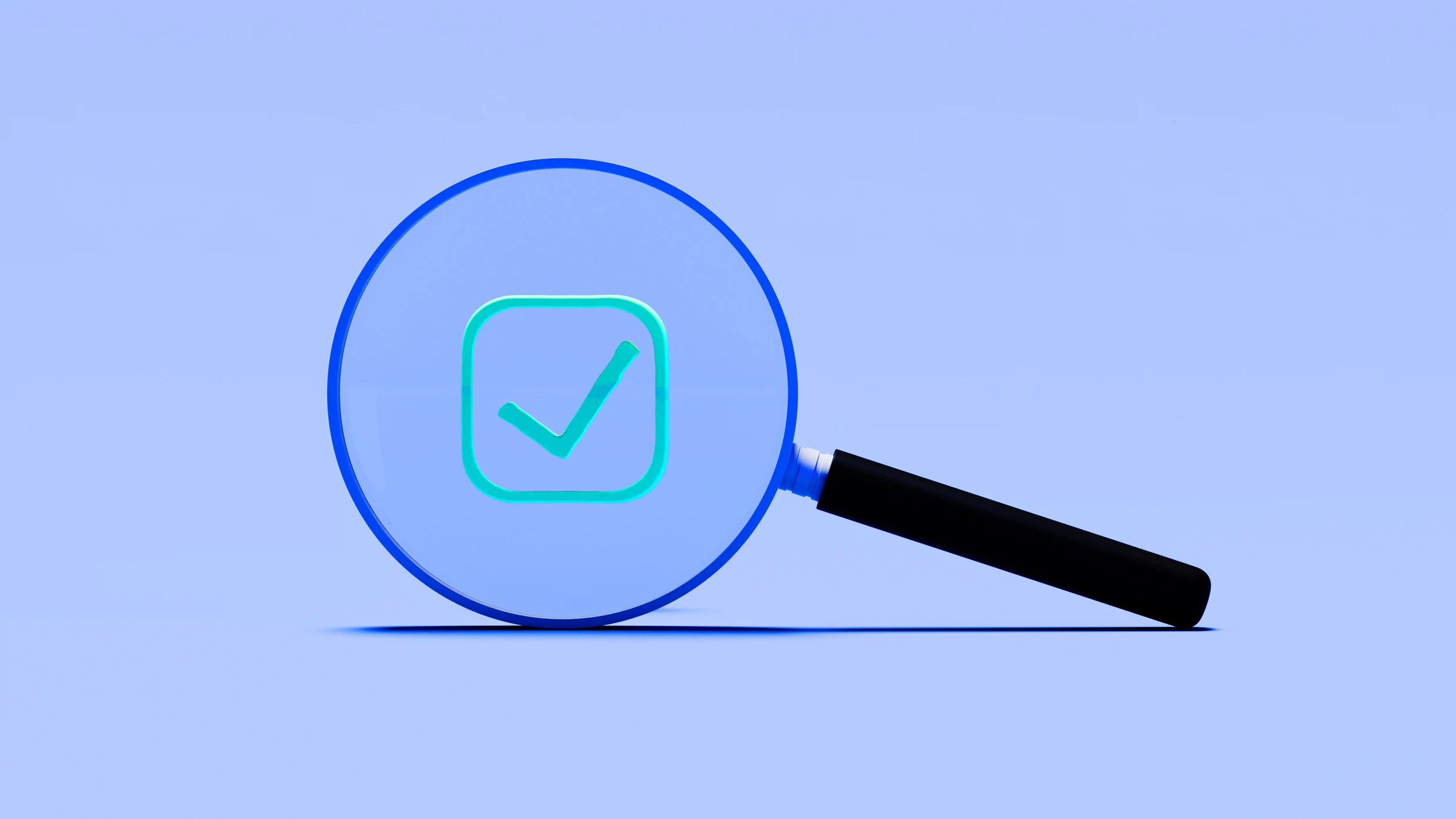As we reach the end of the year, and with no more announcements planned until 2025, it’s time to revisit the two biggest phone players in the U.S. and compare and contrast the past 12 months for each.
The Galaxy S24 Ultra proved to be a blessing and a curse for Samsung, and the Galaxy Z Fold 6 reaffirmed that this was the case. Samsung’s phones are fantastic, but struggle to stand out among the competition. Each competitor is targeting different Galaxy features to best, and so far, Samsung hasn’t pivoted course.
In contrast, Apple had a year to remember. How successful it was depends on who you ask, and the answer will likely be tied to how useful they find Apple Intelligence. Instead of an immediate launch, this year served as a months-long introduction to AI, done the Apple way. One of the best results is Notification Summaries, which I find useful to triage my inbox.
Samsung and Apple both had successful years in absolute dollar values, but there are contrasting outlooks on their futures. Samsung is likely to debut the Galaxy S25 Ultra next month, but so far, the leaks suggest more of the same. That won’t do going forward, so here are five things I hope Samsung does to beat Apple next year.
Stop playing it safe
Samsung has played it safe the past few years, and rightfully so. PR nightmares around the Galaxy Note 7 and the original Galaxy Fold damaged the company’s appetite to repeat those experiences, and while this approach has worked for years, the competition has caught up.
Samsung’s risk-averse approach has made sense so far. Wild success has followed thanks to excellent products paired with expert marketing. However, we’ve seen this story before: Samsung is one of the biggest brands in history, but no company is invincible. Companies like RIM and Nokia failed to recognize the competition, and history speaks for itself.
It’s time for history to repeat itself in a good way: Samsung has a knack for surprising the world, and I hope 2025 is the year it does this.
Shock the world again

Remember the Galaxy Note Edge? Or the first foldable phones from Samsung? How about the original Galaxy Note or the Galaxy S22 Ultra, the first phone to combine everything Samsung except for the folding screen? Each of these phones did something different and sparked a new era for Samsung, and the lineup needs that again right now.
Samsung has followed the same design language for years. While it was different and refreshing at first, it’s become more stale, especially as other phones have caught up and exceeded it in hardware specs. The best phones are thinner and lighter, charge faster, last longer, and have better cameras.
It takes up to two years of development to launch a new smartphone, but given that the past three generations of phones have all followed the same process, there’s never been a better time for Samsung to truly shock the world. Much like Thor in The Avengers, there’s a neutron star just waiting to be rekindled. It starts in the area most likely to surprise us: foldable phones.
Roll out the next generation of the Galaxy Fold

Let me tell you a story. My sister is a die-hard Samsung fan and has been considering a Galaxy Z Fold for years. She just told me that she tried it, and it’s too heavy and bulky. Other family members and non-techie friends have expressed similar, well-founded concerns.
The key issue for Samsung is that although it didn’t make the first foldable — that was Huawei — it is undoubtedly the driving force behind the foldable category. Like how the Galaxy Note kick-started the big-screen era, the Galaxy Fold kick-started the foldable era. Unfortunately for Samsung, it underestimated the competition.

First, the Galaxy Z Fold 6. It’s Samsung’s biggest mobile device ever. It has a big display and comes with an S Pen. It also has a narrower front screen, a taller form factor, and less intuitive multitasking than competitors. For each positive, there’s a negative, and with every passing month, this form factor becomes harder to recommend.
Samsung had such a strong head start that it failed to recognize the threat posed by the competition. If there’s a shiny example of the antithesis to the Galaxy Z Fold 6, it’s the Honor Magic V3: thin, light, and fantastic, with inferior multitasking and a less streamlined UX. The Magic V3 shows Samsung exactly how thin you can make a foldable.

Then there’s OnePlus. Last year’s OnePlus Open blew away the competition, and a year later, it’s still better than Samsung’s best this year. It charges much faster and has better battery life and a better camera. OnePlus even beat Samsung’s multitasking. Oh, and it’s cheaper, too. Sure, it isn’t available via carriers, and the support network isn’t as extensive as Samsung’s, but it’s a compelling alternative.
The answer for Samsung likely relies on the next generation of big-screen devices. Forget a folding screen with a crease, how about a rolling display, presumably with little to no crease? We’ve already seen this in concept laptops and phones, but Samsung has the marketing prowess to get consumers to buy in.
Thin is in for the Galaxy S series

I love the features of the Galaxy S24 Ultra, but it’s a fairly large phone. This year has proven that such a trade-off isn’t necessarily worth it, especially as my current favorite Android phone — the Oppo Find X8 Pro — is lighter, has a better camera, and lasts much longer than Samsung’s best.
The Galaxy S24 and Galaxy S24 Plus both use the same tried-and-tested design. Candy bar phones can’t hugely evolve beyond their current state, and Samsung’s design language is familiar thanks to its distinct camera bezel and overall design language. Some tweaks can be made, but I think the Galaxy S24 Ultra is where Samsung needs to evolve.
Each year, Samsung shaves a little off the weight and thickness of its phones, and the same needs to happen in 2025. I’m also hoping that Samsung has addressed the weight imbalance between the top and bottom halves of the phone; although vastly improved over previous generations, the sheer size makes it unwieldy in one hand. Samsung needs to improve this, preferably by using a new design language for its Ultra phones.
Build a proper smartphone AI

I’d like to see Samsung take an approach to AI that bridges the gap between Gemini and Apple Intelligence. The former is more useful for researching information and generative AI, while the latter is focused on using AI to improve your daily life. There’s a middle ground for someone to fill, and Samsung has the scale and resources necessary to pull it off.

Unless Samsung deploys a large force to develop its own AI — which still may be too late — its competitors have a significant head start. Apple Intelligence will continue to improve, Google has a raft of Gemini improvements that are likely planned, and ChatGPT is full steam ahead.
Will Samsung follow any of these recommendations? That’s the golden question and one that we’ll continue asking into next year. Whether it does or not, the competition — namely Apple — won’t stop, and I hope that next year, we will finally see the Samsung star reawakened.







